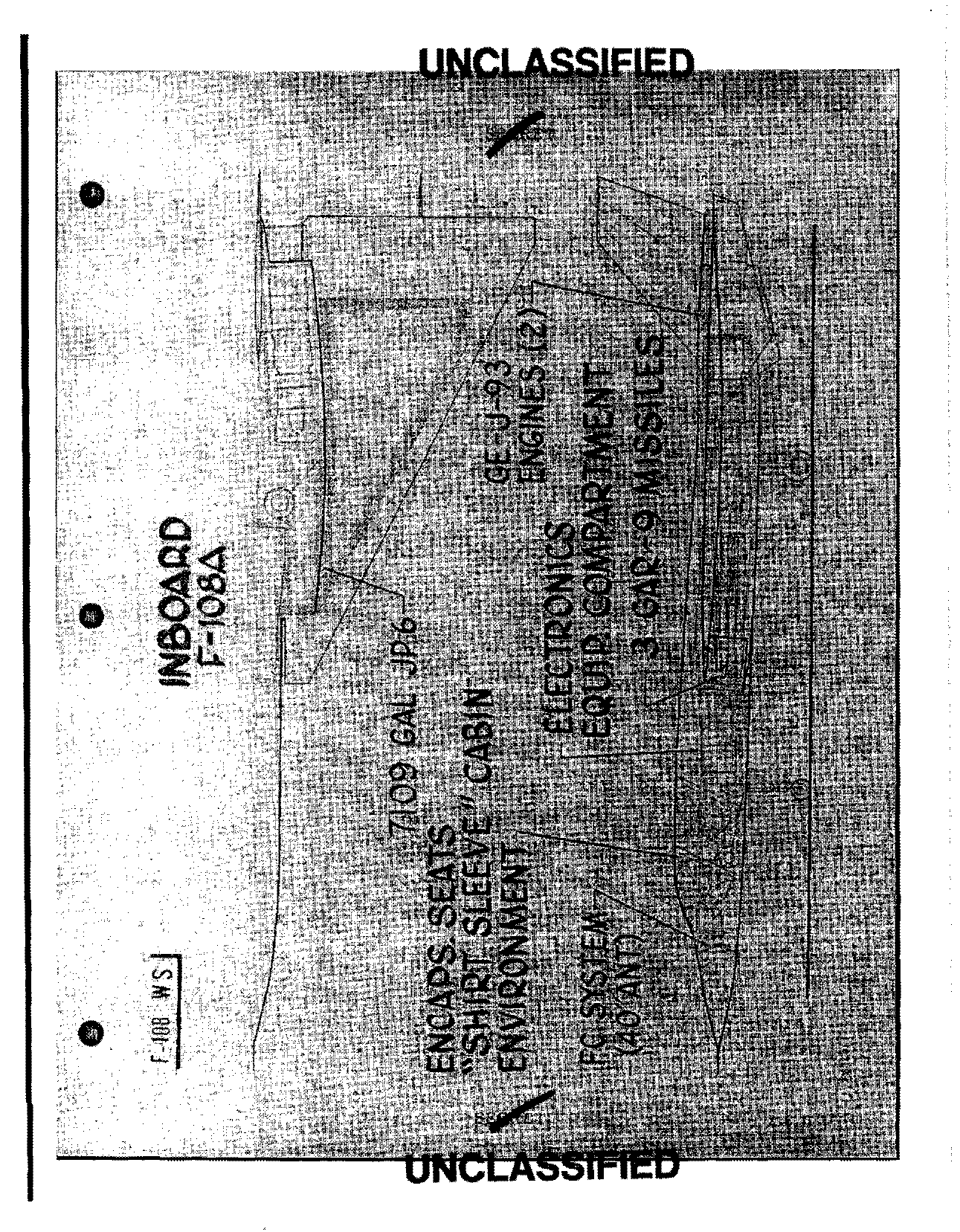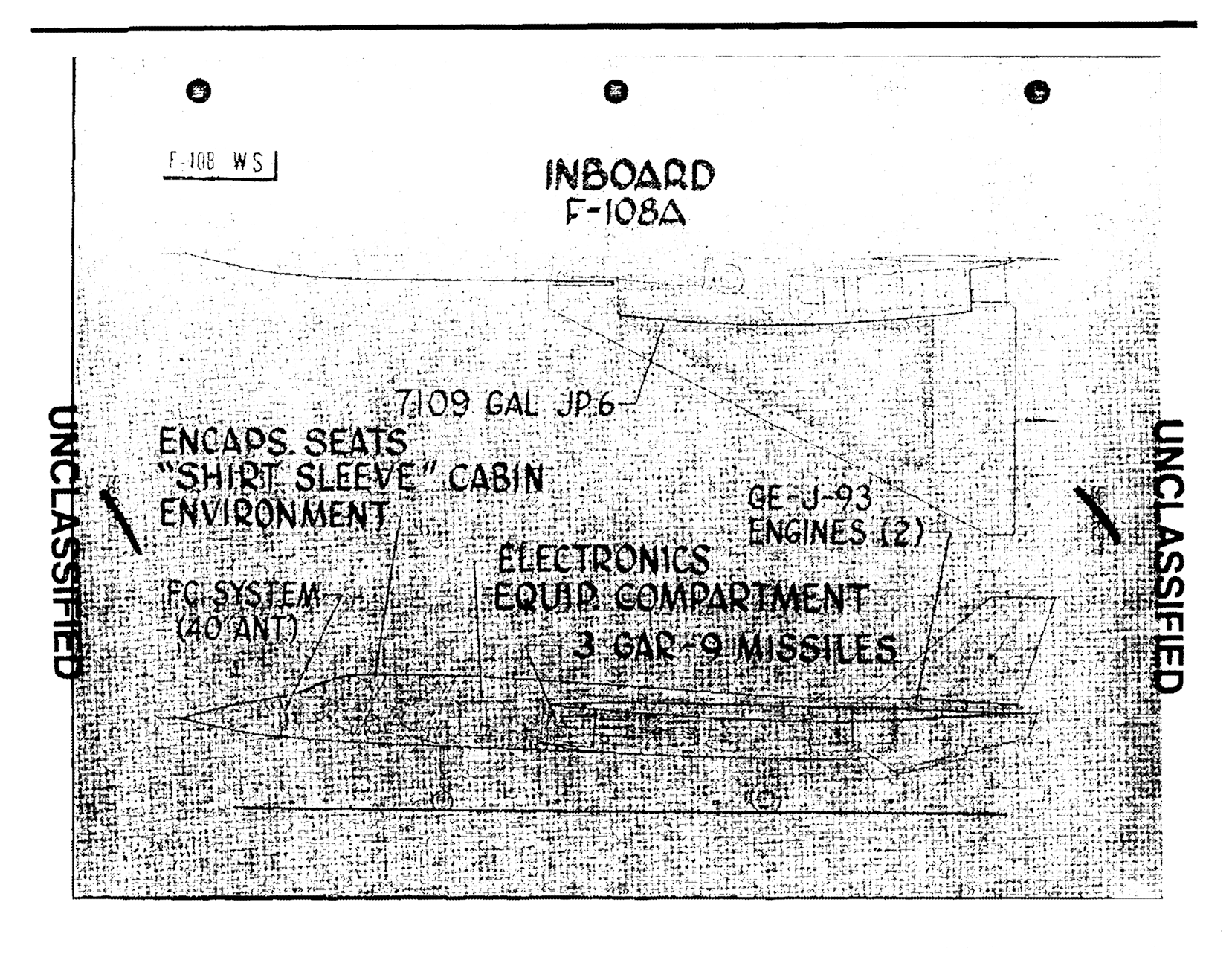I’ve found that archives going from pure-paper to digital to be as much a curse as a blessing. Sure, the stuff that gets scanned and placed into publicly accessible archives? Great. But… often enough, archives that scan their stuff often decide that once the original is digitized they have no further use for the original… and it gets thrown away or outright destroyed. that wouldn’t be *too* bad if the scans were good. but too often they’re not. All too often the scans are *crap.* For example, some years back NASA scanned in the files of a deceased engineer. *Lots* of great stuff was scanned and made available. A lot of what the guy had were large format diagrams of hypersonic aircraft… X-24C derivatives, hypersonic research aircraft, HSTs, that sort of thing. What actually got scanned: just the data block. The on-hand scanner was good for letter size, so rather than going to the bother of scanning the large format sheet in chunks, or taking it somewhere than had a large format scanner, whoever did the scanning just scanned, essentially, the title of the thing. And then what? NASA destroyed the originals. You can see the titles, you can see perhaps a piece of a tail or a wingtip… and in all probability that’s all you will *ever* see, because they just couldn’t be bothered.
Recently the “AF FOIA Reading Room” appeared. I’ve found a *few* things of interest on it, one being a summary of the F-108 and B-70 programs. It’s reasonably well illustrated, which is a bonus. Should be great, right? Prepare to be disappointed. Here is the quality of the digitized document… 2-bit black and white at low resolution:

That’s friggen’ craptacular. 2-bit is always the mark of not-giving-a-damn, but to do that with old, clearly time-darkened paper is a crime against humanity. The only way to hope to make anything halfway decent from it is to go through it and manually clean it up. The secondary approach of letting the computer try gives results that are just plain disappointing:

It is *somewhat* clearer. But a whole lot of data is simply lost and unrecoverable, even with manual, skilled and talented cleanup. The “Enhance” button only does so much.
So if *you* have interesting aerospace diagrams and documents, *please* don’t do this. The minimum for text and diagrams is 300 dpi, grayscale, saved in a lossless format such as PNG or TIF. If the diagrams are the slightest bit faded, or if there is anything remotely colorful, scan in full color. Photos and art… full color and consider scanning at 600 or even 1200 dpi. Sure, the file sizes are way bigger. But storage space is vastly cheaper and more abundant than it was just a few years ago. And there are people, AHEM, who will scan this sort of thing for you, just to make sure it’s preserved.


